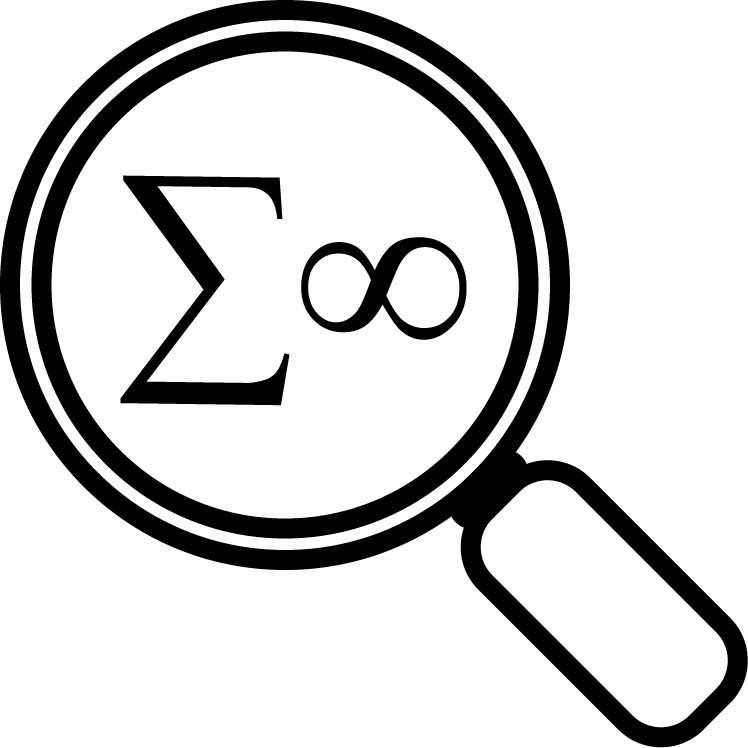Even physicists are “afraid” of mathematics
Background
Previous analysis of articles citing other articles in biology showed that scientists avoid maths-heavy articles. This finding attracted criticism, especially from a paper by physicists. This paper suggested that the effect was not real but only appeared because of how we plotted the data, and that the effect was also not present in physics papers.
Findings
We defend our earlier paper by explaining how our analysis was based on statistical analysis, not plotting graphs. We also re-analysed the data from the physics journal using this statistical approach, and find that there actually is an effect. Physics papers that have a high density of equations are less cited by other physics papers. The reduction in citations is less dramatic for physics papers—between 6% and 8% fewer citations for each additional equation per page (28% in biology) —but it is still a substantial effect.
Implications
Previous analysis of articles citing other articles in biology showed that scientists avoid maths-heavy articles. This finding attracted criticism, especially from a paper by physicists. This paper suggested that the effect was not real but only appeared because of how we plotted the data, and that the effect was also not present in physics papers.
Subject
Science communication
Subject Group
Science studies
Keywords
impact factor
mathematical literacy
theoretical physics
mathematical formulae


Posted by
AndrewDHigginson
on Thu Oct 19 2017
Article ID
P3Y5SETEZ
Details of original research article:
Higginson AD, Fawcett TW. Equation-dense papers receive fewer citations—in physics as well as biology. New Journal of Physics. 2016;18: 118003. View the Thread Network for this Finding
View the Thread Network for this Finding
Preceded by:
Scientists struggle with mathematical details
Posted by: AndrewDHigginson Posted Thu Oct 19 2017
